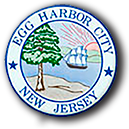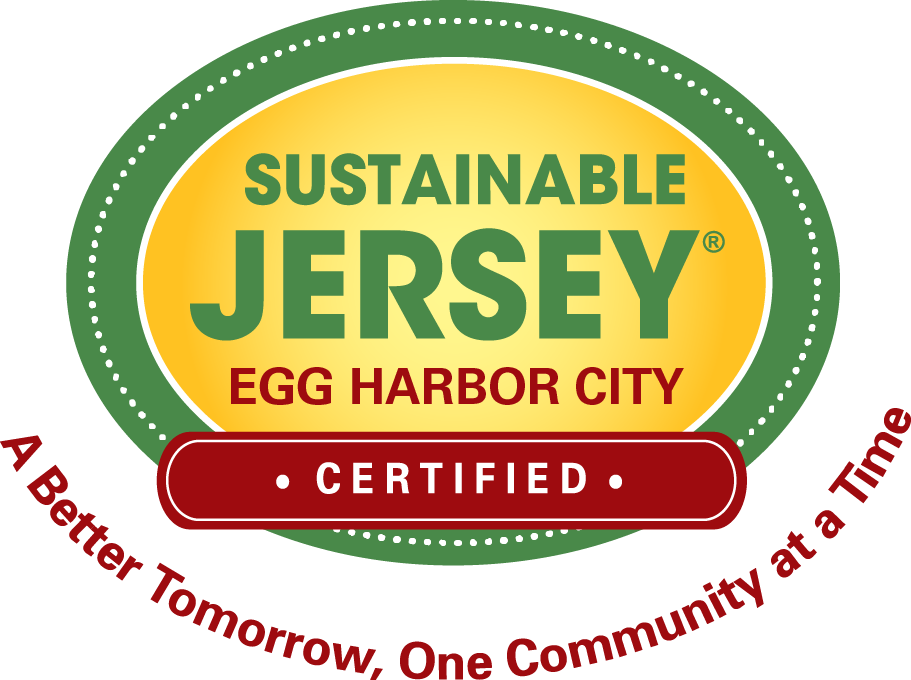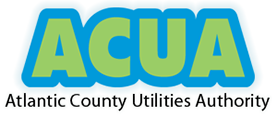Atlantic County Multi-Jurisdictional Natural Hazard Mitigation Plan-Approved January 2022
The City participated in the County’s 2nd update of its Pre-Disaster Mitigation Plan. The Atlantic County website has been updated with the approved plan. It can be located at:
Natural hazards have the potential to cause property loss, loss of life, economic hardship, and threats to public health and safety. While an important aspect of emergency management deals with disaster recovery (the actions that a community takes to repair damages), an equally important aspect of emergency management involves hazard mitigation – sustained actions taken to reduce long-term risk to life and property. They are things we do today to be more protected in the future. For example, elevating or acquiring buildings in flood hazard areas, relocating critical facilities out of hazard areas, using fire-resistant construction materials in wildfire hazard areas, etc. Hazard mitigation actions are essential to breaking the typical disaster cycle of damage, reconstruction, and repeated damage. With careful selection, they can be long-term, cost-effective means of reducing risk and helping to create a more sustainable and disaster-resilient community.
A hazard mitigation plan describes an area’s vulnerability to the various natural hazards that are typically present, along with an array of actions and projects for reducing key risks. This project list is known as a “mitigation strategy.” While natural disasters cannot be prevented from occurring, the continued implementation of mitigation strategies identified in the plan will gradually, but steadily, make our communities more sustainable and disaster-resilient.
The Multi-Jurisdictional Natural Hazard Mitigation Plan for Atlantic County was prepared between 2008 and 2010 to meet the requirements of the Disaster Mitigation Act of 2000 (DMA 2000), which requires all states and local governments to have a hazard mitigation plan in order to be eligible to apply for certain types of federal hazard mitigation project grants. FEMA grant monies were received to cover the costs of the plan’s development. Atlantic County used a ‘multi-jurisdictional’ approach, inviting all of the municipalities within the County to participate in the plan. At that time, 19 of the County’s 23 jurisdictions opted to participate. This opened the door for the County and each of its 19 participating jurisdictions to apply to FEMA for hazard mitigation project funding, including monies which became available under recent Federal disaster declarations for Hurricane Irene and Superstorm Sandy in 2012. Plan participants have been working since the plan was initially approved by FEMA in 2010 to complete the projects that were listed in their mitigation strategies. The four communities that did not participate in the 2010 plan prepared a separate plan on their own in 2013; they have been invited to participate with the rest of the county in the overall multi-jurisdictional plan update. The County did their first update to their plan in 2016.
Hazard mitigation plans must be: (a) implemented on an ongoing basis, and (b) updated every five years to ensure that they remain applicable representations of local risk and locally-preferred risk reduction strategies. Atlantic County and its jurisdictions initiated the first formal plan update this summer; the process is ongoing. The updated plan is expected to be reapproved by FEMA and adopted by participating communities in 2021. The County has once again obtained FEMA grant funding to cover the cost of the plan update, and has opted to continue its ‘multi-jurisdictional’ approach. The County looks forward to all 23 of its municipalities participating. Each participating jurisdiction is attending meetings, providing feedback in a series of topic areas, reaching out to the public and other key stakeholders in the community, and developing an updated mitigation strategy. Successful participation in the plan update process is required to maintain eligibility to apply for mitigation project grants.
For questions or other feedback, or to find out how you can become involved, please Jodi Kahn, Egg Harbor City Chief Financial Officer, at jodik@eggharborcity.org.







